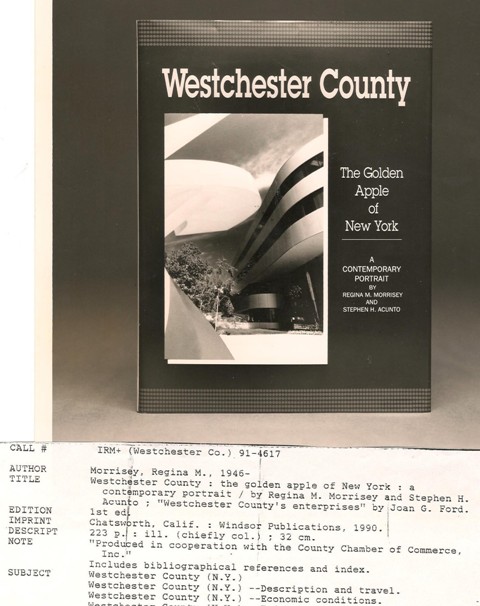Spiffy library-related moments: Lifework led to the reward of a book copyright in my name as primary author in the United States Library of Congress, one whose card I found in the 1990s as I flipped through the Dewey Decimal System catalog at a Westchester County, New York library. Then, too, copyrights of poetry and short story collections I wrote between 1975 and 2010 are recorded in the Library of Congress - a noteworthy thrill.
I visited that historic Library of Congress building one day while on a trip to Washington, DC. All I could say was, "Thank you for launching it all in 1800, John Adams." And "Thank you, Thomas Jefferson. As a child, I remember first reading how you liked to collect books." More than 6,000 Jefferson books on all sorts of topics formed the basis of our first collection in the original Library of Congress.
Every state has its private library gems. In New York on the east side of the Hudson River - from Washington Irving's Sunnyside in Irvington to Olana in Hudson - the historic estates of the rich housed libraries for their residents that today can be toured by the public for the price of admission. Children file though on field trips to peer at the leather-bound books under light filtered through bedazzling stain glass, exposed to the mystery of a time nearly forgotten.
According to his foundation, industrialist Andrew Carnegie established more than 1,600 free libraries in the United States in the late 19th and early 20th Century to benefit those willing to better themselves and immigrants who needed to acclimate to their new homeland. As a young immigrant, Carnegie enjoyed access to books from a businessman's private collection and extolled the value of learning.
Yet, Jefferson's impulse to provide a free library for all citizens ever bears repeating for the sake of all youth to senior citizens. I applaud the urge to appropriate funds for government-sponsored resources for an informed nation. I wonder how could the answer be more apparent when the discussion turns to funding a bookmobile or a local library branch?
Educated people contribute to their society and lead richer lives. Unless you are of the opinion that society has no need for an informed citizenry - one that has developed discernment, pays attention to what is happening under its own nose and votes? Or, you side with the philosophy of one Southern municipality restricting rights to payment that expects homeowners to fork over set fees to have their house fires extinguished and the rest of the homeowners can go to blazes.
The debate about a society's responsibility may have begun at the tiniest town library circulation desk, and it continues at public computer terminals where average citizens freely do their research and acquire knowledge. That responsibility to provide access to knowledge may not be exactly so stated in the United States Constitution, but the document itself has a home in a taxpayer-funded building. Copies of the document are in public libraries all over the country. I bet you can even find one on a bookmobile. It's something every child in America should have at his or her fingertips, though grumbling tax revolters seem to struggle to see the personal value of that public access.
Long ago in the bookmobile, I had come to value publicly funded libraries, schools, recreation programs, arts programs, then fire departments, peace officers, road construction crews, postal service workers and government workers operating the Library of Congress and a host of other agencies.
In 2015, a politician seeking the highest office in the land (who shall remain nameless) said he dreams of abolishing the Internal Revenue Service and its tax forms - of having people send in a simple postcard. Larry Wilmore, the Comedy Central political pundit who replaced Stephen Colbert, labeled that dream a little confusing and wondered, "If you get rid of the IRS, to whom would one send the postcard?"
What do you think would happen if we take away all the libraries, let them die the death of grumpy neglect? May I direct your attention to the libraries of the ancient world, such as the library at Alexandria, Egypt, started in 283 BCE, and said (in a 2013 article in Ion9) to have closed after hundreds of years, not due to fire, but to government budget cuts? Look it up if you don't believe me. Look it up while you can.
